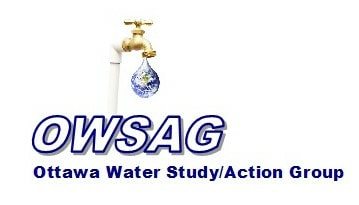|
What a fun time we had at the Plastics Crisis rally today! Incredible and moving speeches, singing and great street theatre. Excellent to work with our friends at Extinction Rebellion Ottawa, Future Rising Ottawa, The Council of Canadians, Angela Keller-Herzog, Ecology Ottawa and Ottawa Raging Grannies to draw attention to this pressing issue and call on government leaders to act now! See the photos below from the rally. Watch the videos on the fun street theatre and talks by OWSAG's Eric Schiller, Mia Beijer from Future Rising and Linda Mccourt from Extinction Rebellion Ottawa. You can also watch the videos from our Facebook page or YouTube channel.
0 Comments
By Eric Schiller Wow! Together with the Glebe Community Association and TWIG, the Glebe Collegiate student group, OWSAG was present at the GGGS promoting Ottawa’s excellent municipal tap water. We were collecting signatures for our Water Declaration. This has now become a petition to send to Ottawa City Councillors as they debate a motion to promote their own excellent water and stop the sale of single-use plastic water bottles in municipal buildings.
Watch this short video clip of our #ZeroWaste info table! By Eric Schiller Monday, April 22 was Earth day. On that day, the Ottawa Water Study/Action Group (OWSAG) and the Ottawa Riverkeeper conducted a water celebration in Strathcona park at the Adawe bridge crossing.
The event began with an Indigenous water ceremony. The preciousness of water in all creation was honoured. To support this message, information was on hand from OWSAG and the Ottawa Riverkeeper. Several passers-by stopped, received information and signed the Bottled Water Declaration. By Eric Schiller Today I went into two food stores, Loblaws and Metro. I have never been so overwhelmed by the amount of bottled water on sale. It was at the entrance. It was on the shelves. Then as you left, the shelves were lined with more bottled water. The average cost of was 8 – 10 cents/bottle.
By Eric Schiller The Canadian Bottled Water Association (CBWA), now called the Canadian Beverage Assocation, is a lobby group paid to promote bottled water despite clear problems tied to its use.
The fact that drinking water is a small part of all water use has no relevance to this issue. This would be true for all types of drinking water consumption. Drinking water is a small part of total water use, but it is a very important part. The real point is that well regulated municipal tap water, in reusable bottles with water fountains is a much better choice than single-use plastic bottles of water. By Bob Barclay
In a London coffee house in the early days of 1749 a group of titled gentlemen sat around a table sipping their cups and playing whist at a shilling or two a rubber. The talk came around to practical jokes and japes, for which one of them in particular had a great fondness. John, the Second Duke of Montagu, is reputed to have said, "I wager that if somebody were to bruit it about that he could do the most impossible thing in the world, he would find fools enough in London to fill a playhouse who would think him earnest." His friends quickly asked him what exactly he meant, smelling a hint of one of his infamous japes. He picked up an empty carafe from the table and said, "If I were to tell people that I could climb into this bottle and be seen within it upon the stage of a theatre, I wager I could put a bum on every seat." by Adam Guzman-Poole Have you ever thought, like I did, that the problem of climate change was so big you didn’t know where to start? Like a black cloud that just floated above you and might burst at any moment? For years I ignored the problem, because I didn’t have the slightest clue how I could make a difference.
Imagine how it would feel to be proud to contribute locally to an effort that will make a positive impact on the climate and on your community. And with concerted effort, to something that could spread worldwide. Well, come on down! (THIS POST INCLUDES UPDATES ON OUR WORLD WATER DAY ACTION ON MONDAY, MARCH 25, 2019) By Adam Guzman-Poole It was just afternoon when I was faced with the question: “Will I live long enough to see my grandkids.” And if I do, what world will we they live in.” It seems a strange thing to ask at 27, but ever since hearing the results of the Intergovernmental Panel on Climate Change report, the very near future looks like Armageddon. The 600-page report conducted by 91 scientists basically said that if we don’t do something, and now, the effects of climate change will be irreversible. If we continue to extract the earth’s resources at our current rate, constant hurricanes, massive droughts, food scarcity, and a world beyond repair is something we can expect in the span of 20 years. This looks like a pretty scary future for all of us. If we continue, one of our earth’s most important resources may be the first under threat - water.
By Eric Schiller By Eric Schiller
|
AuthorsBlog posts are written by members and other supporters of OWSAG Archives
November 2021
Categories |

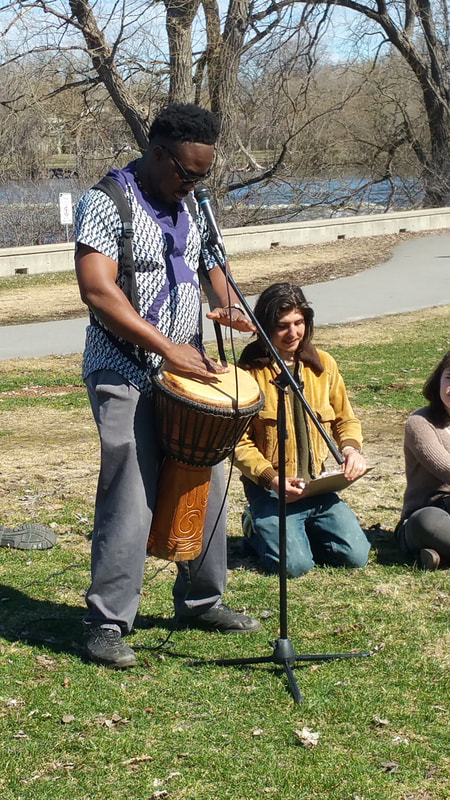
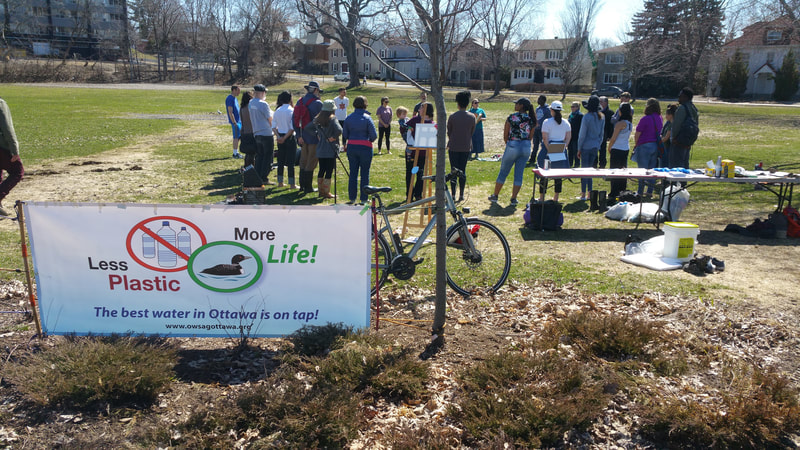

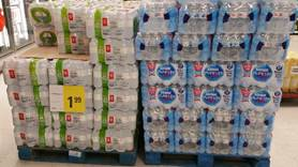
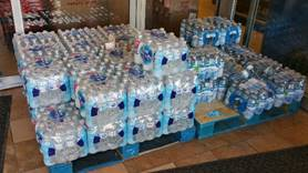
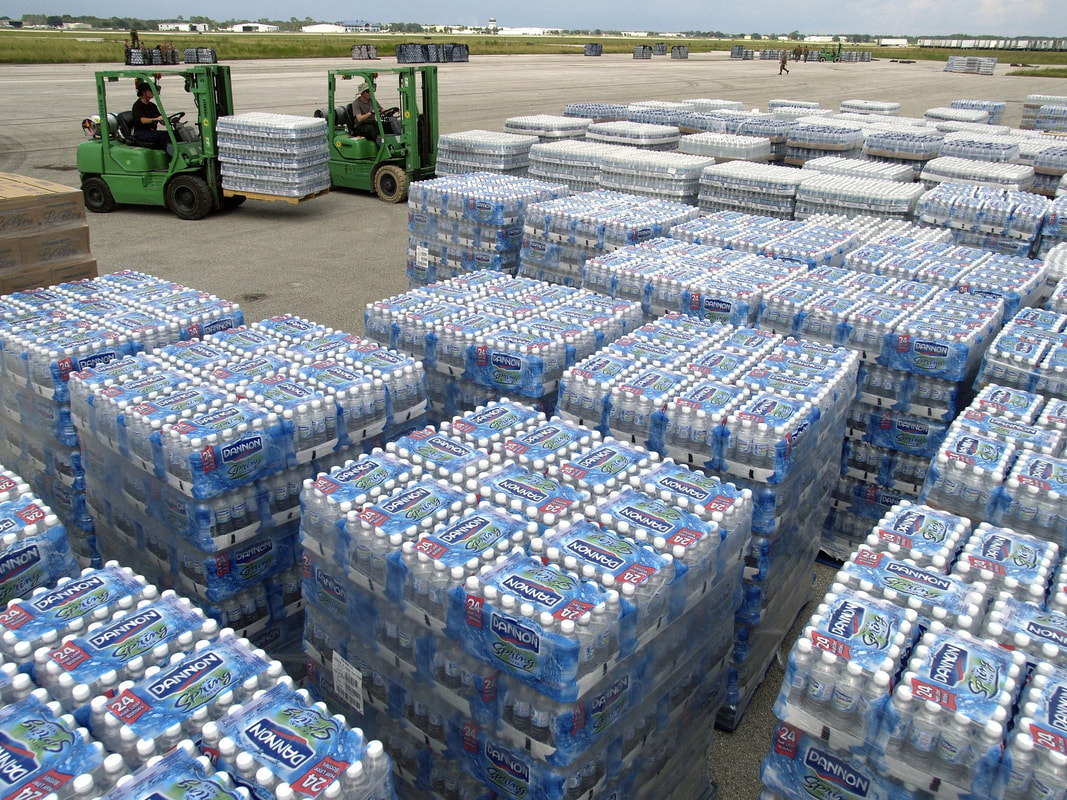
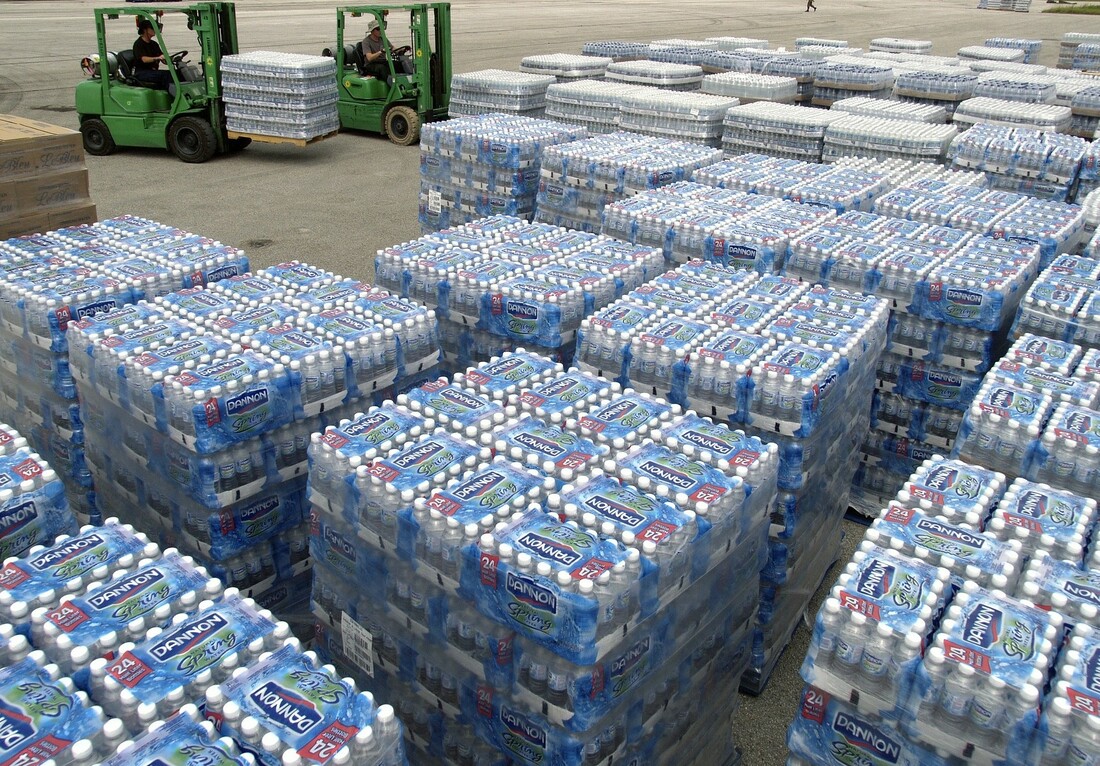
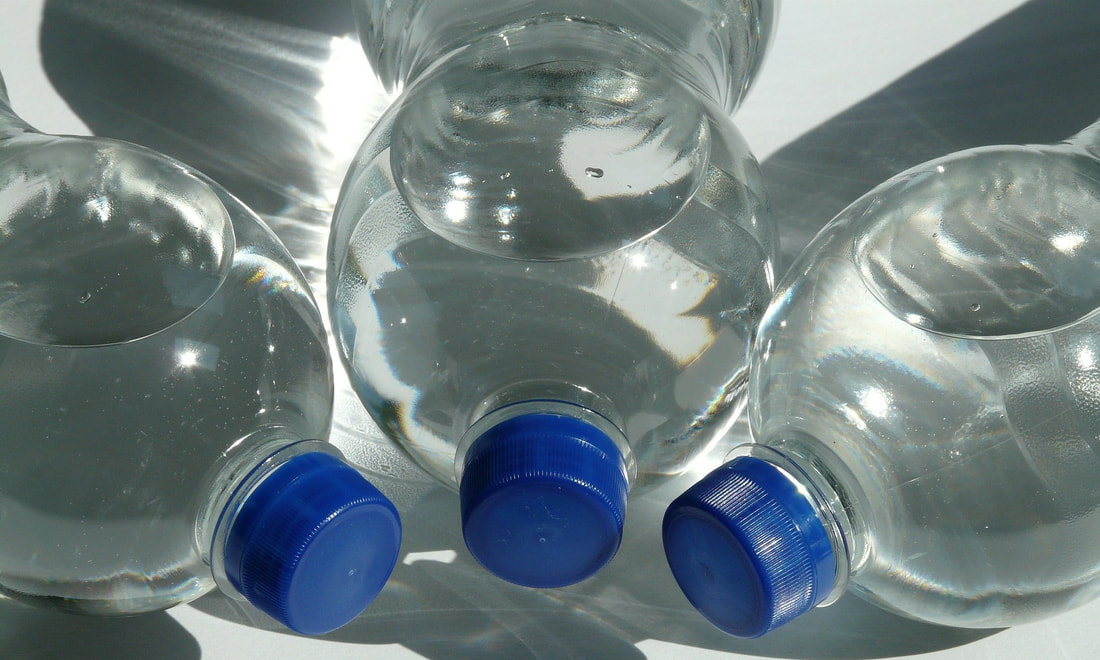
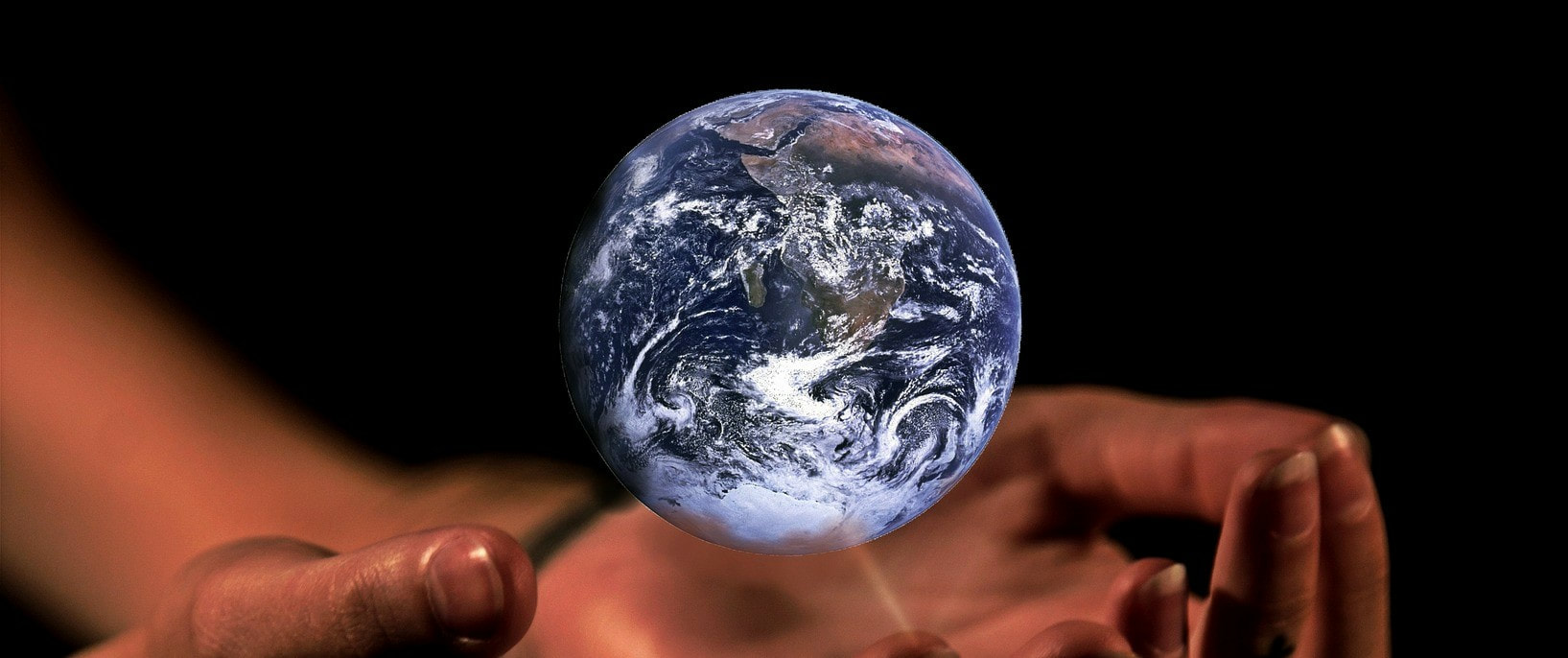
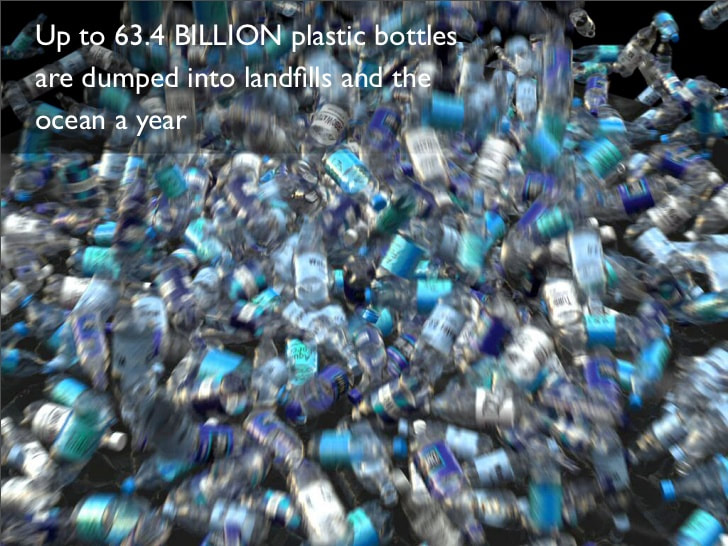
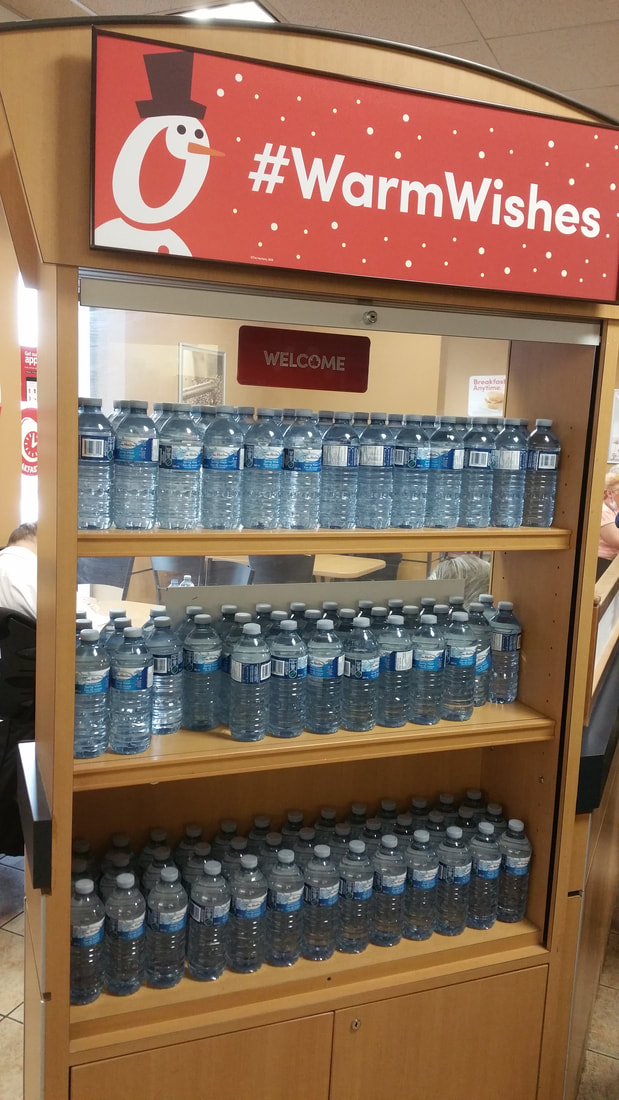
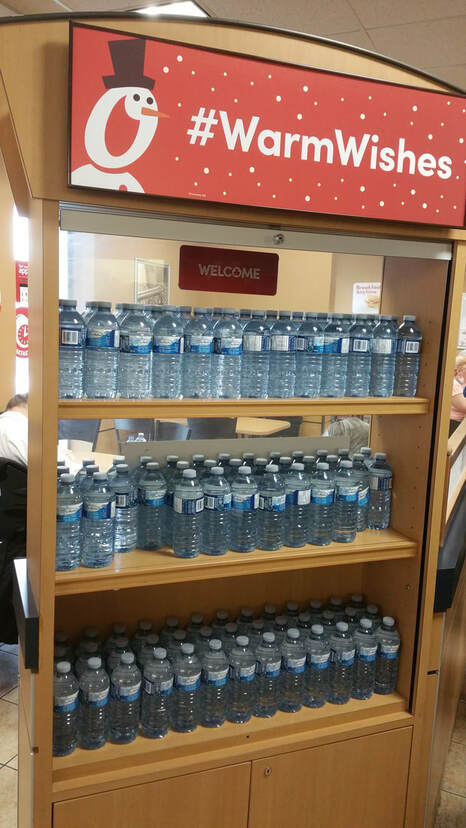
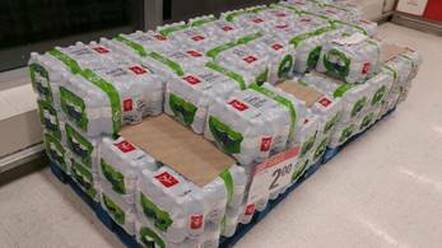
 RSS Feed
RSS Feed
